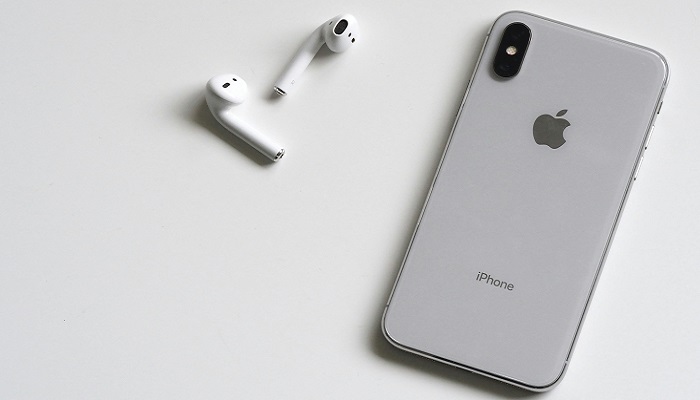Technology in patient care has swiftly integrated into healthcare, becoming a necessity rather than a luxury. Among these advancements, cell phone charging lockers, a seemingly small yet incredibly beneficial innovation, are being introduced in hospitals. These lockers are more than just a convenience; they bridge technology and patient care, significantly improving the hospital experience for patients and their families, as well as medical personnel.
Technology in Patient Care – Overview
Technology in healthcare settings has injected a new impetus into care delivery, making it more efficient, effective, and patient-centered. Technology has advanced dramatically in improving the quality of care, from electronic health records to telemedicine. However, the more minor improvements, such as Phone Charging Stations In Hospitals that are usually overlooked and simply passed by quietly, significantly contribute to the level of support to patients and families who need to stay in the hospital. Keeping patients and visitors in touch with their families and availing them of digital resources for health information or entertainment should be emphasized, especially during health crises.
It ensures high-quality patient outcomes and safety levels
The cell phone charging lockers are not just a simple service to recharge the phone, but indispensable facilities that can help to rehaul the patient’s and visitors’ experiences. Imagine a situation in which a patient or a visitor gets stuck in a hospital as the phone’s battery runs out during the hospital visit. Apart from cutting the main line of communication with the outside world, this makes them lose their support network in whatever unstable situation they are in. Through the installation of cell phone charging dispensers, hospitals take away the concern of being separated or cut off from their loved ones because patients and their relatives can remain connected and updated.
Not only that, but they tend to increase security and safety. Conventional charging stations in which users plug in their phones in a common area open up the risks of stolen telephones or sustained damage. Unlike charging stations, charging lockers provide users the experience of locking their devices into secure enclosures as they charge and still walk around for tests or consultations without the fear of missing their stuff. On top of this, this security feature is even more significant when hospitalized patients and visitors are already fighting such discomfort and uncertainty.
The Role of Technology in Modern Healthcare
Because the healthcare setting is increasingly shifting to a digital one, the function of technology in patient care is becoming apparent. Hospitals are not just buildings for medical treatment; they should be envisioned as places that will provide care and comfort for both patients and his/her loved ones simultaneously. The cell phone charging lockers for the patients and their families demonstrate that technology may be implemented to cover the entirety of the patient’s demands. It is a minor but noticeable comfort that personifies a big portion of the general narrative of the treatment procedure.
Similarly, having features such as charging lockers infused in patient care or familiar automated processes helps patients’ experience, which is now referred to as patient satisfaction in healthcare. Satisfied patients are inclined to adhere to medical advice, keep follow-up appointments, and better accept their healthcare experience. In sum, these are essential factors for improved healthcare outcomes.
Conclusion
The crossroads where technology and patient care meet is a dynamic field that strikes the note and is a site of energizing the healthcare experience. The implementation of cell phone charging lockers in hospitals is a bright demonstration of the essential technological solutions that can contribute to a fundamental difference in patients and visitors in terms of satisfaction. Healthcare facilities can establish a more compassionate and caring setting through technology, enabling patients to stay in touch, informed, and protected at the hospitals.


















